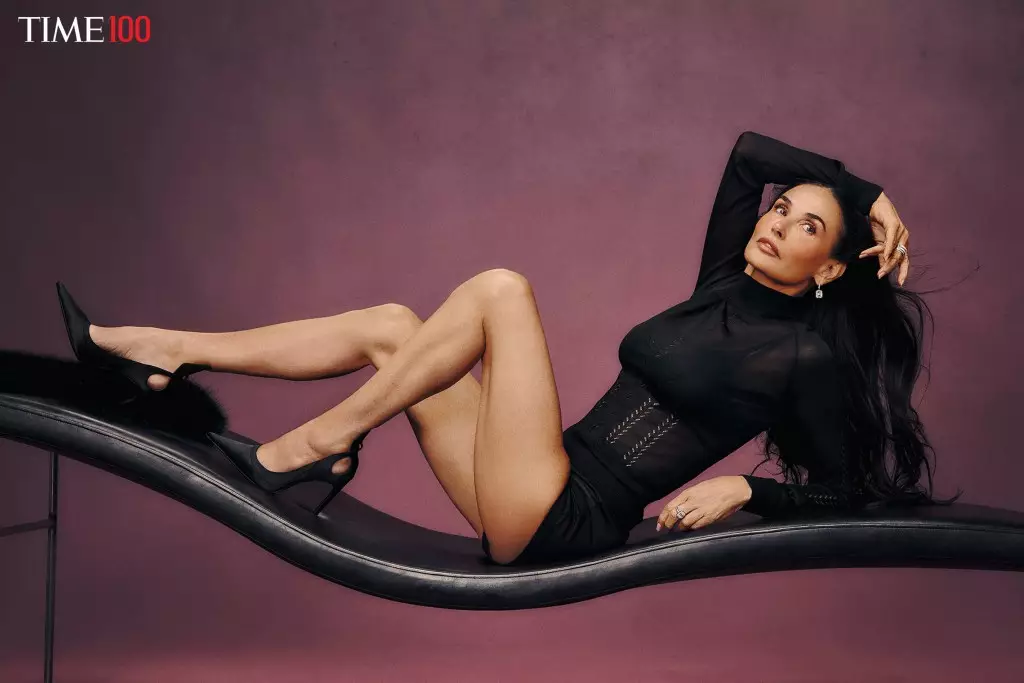Every year, the unveiling of Time magazine’s list of the 100 most influential people in the world evokes a myriad of reactions—both in admiration and disdain. While celebrated names from the entertainment industry illuminate the pages, one must ponder the underlying dynamics that propel their influence. This year’s assemblage features various talents, including Demi Moore, Snoop Dogg, and Scarlett Johansson, yet one wonders if the essence of true influence is being misrepresented. Are these entertainers shaping society, or merely reflecting its escapism?
The desire to celebrate figures like Nicole Scherzinger and Lorne Michaels ultimately begs the question: does their inclusion signify genuine impact or the sheer dominance of media spectacles? The list is typically a mix—a harmonious arrangement of artistry and corporate success. However, as the world grapples with pressing issues such as climate change, social inequality, and political strife, the aggregation of pop culture titans appears dishearteningly trivial, almost like confetti raining down on a catastrophe.
Influence: The Price of Celebrity
The intricate system of influence is fueled by guest contributors whose essays frame these figures—Shonda Rhimes extolling Ted Sarandos and Chris Evans heralding Scarlett Johansson. While these testimonials add layers of familiarity and warmth, they often fail to dissect the deeper impact these personalities have. In a competitive landscape that views celebrity through the lens of entertainment capitalism, the majority of celebrity influences are often superficial at best. Are these artists moving the needle on significant societal change, or are they merely adept at holding a mirror to the zeitgeist?
Let’s not ignore the past as we applaud the present; prominent figures like Elon Musk and Donald Trump have secured their tenure in this elite circle. Each, with their respective brand of influence—often contentious and polarizing—leaves one perplexed about the criteria that determine who makes the cut and who is overlooked. As these individuals trot onto the stage, we ought to scrutinize what kind of message is being sent: are we revering creators or merely perpetuating the culture of celebrity worship?
The Future of Influence: A Call for Meaning
While influencers within sports and media grace the list—Serena Williams and David Muir among them—the question remains: Where are the leaders championing societal change? The Time100 Summit is indeed a wondrous display of celebrity grandeur, but wouldn’t it be more refreshing to see figures devoted to real reform? As we inch closer to the Time100 Gala and its associated hype, I can’t help but feel a yearning for authenticity in representation.
Where are the grassroots activists, the community leaders, and the unsung heroes whose silent strides deactivate oppressive narratives? Giving a platform to artistry and entertainment has its merits, but elegance should not eclipse accountability. As we celebrate these grandeur names, we must also advocate for recognizing and uplifting those who wield influence not simply through fame but through courage and conviction towards societal upliftment.


Leave a Reply